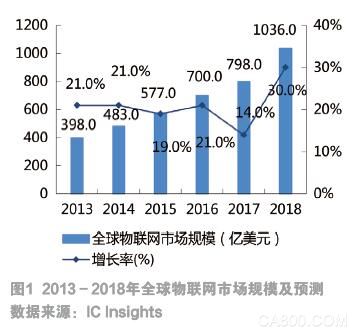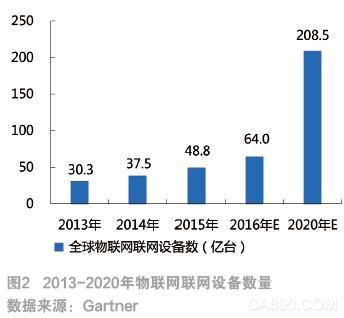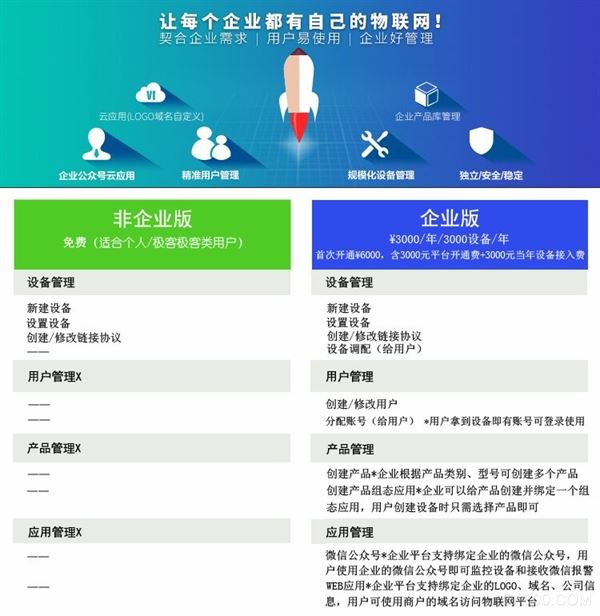With the rapid advancement of Internet of Things (IoT) technology and the continuous expansion of the market, IoT has become a key strategy for global technological and industrial innovation. As the number of connected devices grows at an impressive pace, it's projected that by the end of 2018, the global IoT market would surpass $100 billion, with an average annual compound growth rate of over 31% (see Figures 1 and 2).


As the IoT landscape continues to evolve, many manufacturers are asking how they can effectively integrate smart instrumentation into the IoT ecosystem without incurring excessive costs. The challenge lies in finding a balance between functionality, scalability, and affordability. In this article, we explore three common and practical approaches to help instrument and meter manufacturers successfully transition into the IoT space.
Method 1: Develop a dedicated IoT cloud platform and build an internal software team for backend operations.
Creating a custom IoT cloud platform is often seen as a straightforward solution for companies looking to enter the IoT industry. This approach allows businesses to tailor the platform according to their specific needs, offering a more personalized user experience. However, it comes with high development costs and a long implementation timeline. This method is typically suitable for large enterprises rather than small or medium-sized manufacturers.
Method 2: Utilize free and open IoT cloud platforms by connecting through an IoT gateway for remote monitoring.
Several free and open IoT platforms are available on the market, allowing users to sign up and start using them immediately. By connecting devices via an IoT gateway such as a DTU, users can monitor device status, collect data, and track location in real time. While this method is cost-effective and easy to implement, it’s more suited for individual users or small-scale applications. For manufacturers aiming to scale, this approach may not offer sufficient control or customization.
Method 3: Purchase a customized IoT cloud platform with enterprise-level features and management tools.
A customized IoT cloud platform builds upon the free version by adding advanced features like domain name customization, enterprise product libraries, user management, and large-scale device control. With a dedicated IoT gateway, data from sensors, PLCs, and other equipment can be uploaded to the cloud for real-time monitoring and analysis. This hybrid approach offers both flexibility and control, making it a popular choice among manufacturers who want to maintain ownership of their IoT infrastructure while minimizing costs and development time.
For small and medium-sized instrumentation and sensor manufacturers, adopting a customized IoT platform is often the most efficient path. By outsourcing software development and system maintenance to IoT service providers, these companies can focus on product innovation and R&D, enhancing their competitiveness in the market.
If you're interested in learning more about customized IoT cloud platforms, feel free to visit our website or reach out via WeChat at "cjw530272452" for a detailed consultation.

36v charger for electric bike,waterproof supply,Waterproof Charger,waterproof 24v power supply
FOSHAN SHUNDE KELICHENG POWER SUPPLY TECHNOLOGY CO., LTD , https://www.kelicpower.com